Top 10 inventions that changed the human world
Top 10 inventions that changed the human world
The world today is changing very rapidly thanks to human inventions. Many discoveries have become major turning points in history, creating the premise for the strong development of mankind today.
1.Internet

The Internet had to go through two separate periods to become the global network it is today. The first phase took place in the late 1960s - during the cold war between the US and the Soviet Union. In 1958, the United States established the organization DARPA and initiated a research program on a new way of communication to counter the Soviets. The research result is the birth of ARPAnet - the forefather of today's Internet.
Of course, ARPAnet is just a net, not an internet yet. It was not until the US government decided to expand the use of the network for commercial purposes that ARPAnet officially became the Internet in the late 1970s.
2.Mobile Phones
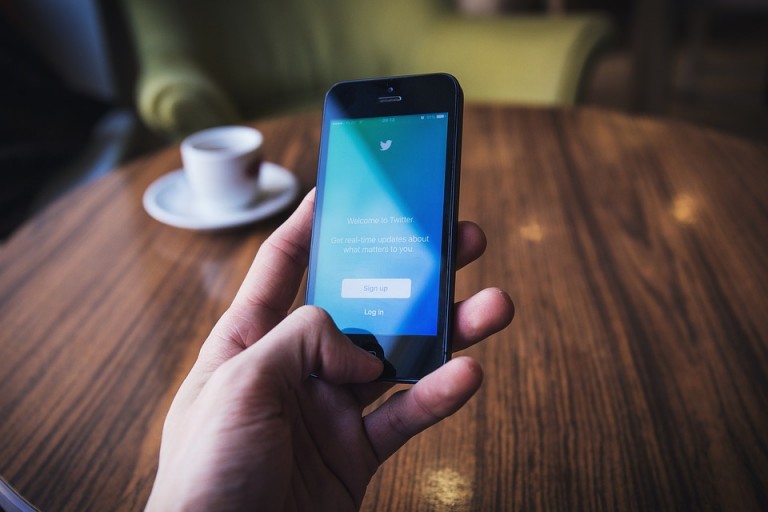
The first mobile phone was called DynaTAC Motorola and weighed about 1 pound, it had a pretty good battery life of up to 10 hours but only had a talk time of up to 35 minutes, and of course it only had functions. The basic function is to listen, call, dial and cost up to $3,500, equivalent to more than 70 million VND.
Before DynaTAC Motorola was born, the world witnessed the appearance of a "portable" phone in 1967 called the Carry phone. As the name suggests, this phone can only be carried, but not portable at all because it is as big as a suitcase and weighs nearly 5 pounds.
Over time, the size and functionality of mobile phones have changed a lot. Today, everyone can own a smartphone that is compact, lightweight and full of smart applications.
3. Computers

It's not clear who invented the first computer, because basically too many people, too many scientists were involved in the work of modifying the computer so that it had the same dimensions and functions. present. This is understandable because there are so many components that contribute to a complete computer, as well as technological barriers that have not allowed scientists to do too many things in their time.
The most famous story about the birth of the computer belongs to the turing machine created by British scientist Alan Turing to decode the Enigma cipher system of Nazi Germany.
4. TV

The world's first television was invented by John Logie Baird in 1925. At that time Logie Baird's TV could run 30 frames in... 5 seconds, then improved to 12.5 frames. /second. In 1928, Baird broadcast a radio program abroad for the first time, from London to New York. It is also considered to be the world's first color television broadcast.
5. Wheels
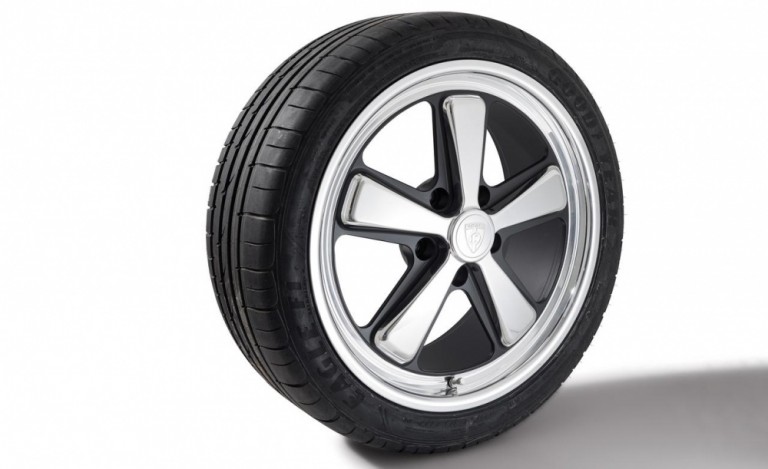
The remains of the oldest wheel with a mechanical shaft have been found in the Mesopotamia, dating from an estimated 3500 BC. In the beginning, the wheel had a thick and dense design. Later, people invented more spokes. And the first spokes wheels were made on the peninsula of Asia Minor (modern day Turkey) around 2,000 BC. To get the wheels like today, people have invented many new parts such as rims, rubber tires and even tubes to inflate and shock absorbers.
6. Steam engine
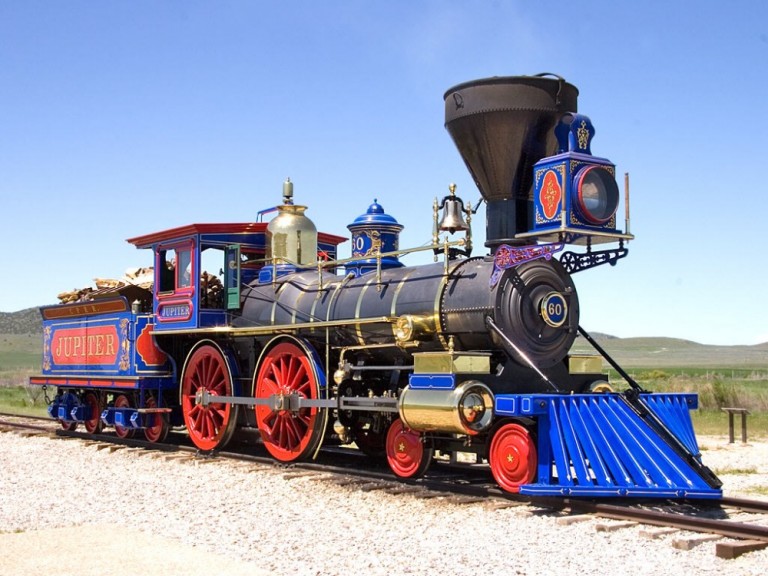
James Watt's steam engine is considered the most important invention in the industrial revolution in England at the end of the 18th century and the beginning of the 19th century. However, the beginning of this invention was an invention of 1 inventor. Another science - Thomas Savory's steam-powered water pump. Later, James Watt upgraded the steam engine in a comprehensive way. No wonder the whole world recognizes James Watt as the inventor of the steam engine, not Savory or Newcomen.
The introduction of the steam engine created a breakthrough for the industrial revolution.
The whole world has changed remember James Watt's steam engines
7. Penicillin

Penicillin is an antibiotic that has an antiseptic effect by killing bacteria and restricting their growth. "The elixir of the 20th century" was created in 1928 by Scottish researcher: A.Fleming.
He discovered a mold capable of killing the bacteria around them by accident. Ten years later, a group of British-German scientists found a way to clean the composition from this mold. In 1943, the first penicillin antibiotics were widely used in medicine and saved countless lives.
8. Electric light bulb
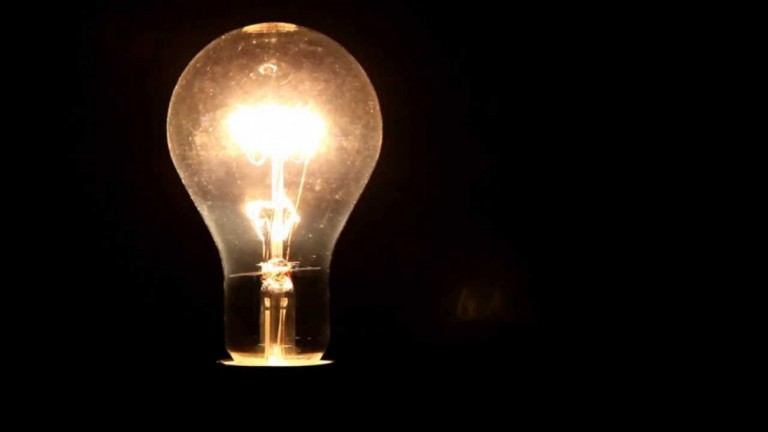
Edison made the whole world recognize the incandescent light bulb as one of his inventions by doing what more than 20 scientists before him failed to do, which is to find what we still call today. is a light bulb filament: 1 coal thread.
Later, the coal thread was replaced by Tungsten filament (ie Volfam) - the substance with the highest melting point of the known chemical elements. Edison knew this in advance, but the technology of his time was still too outdated.
9. Compass
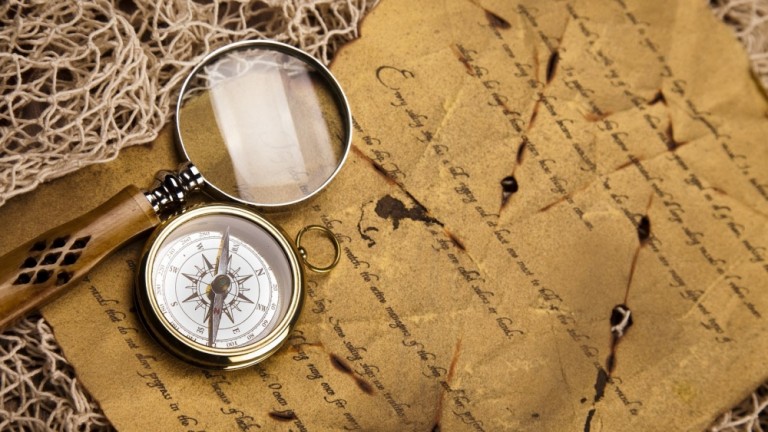
The first pointers were in the shape of a ladle, cut from a piece of natural magnet and placed on a bronze base that had been polished to reduce friction.
Later, the Chinese used a guideline to apply to fishing. The Arabs learned to use the magnetic compass while trading with China. After a process of exchange, the compass was brought to Western Europe at the end of the 12th century, then to Northern Europe in the 13th century... opening a new era of navigation and exploration.
10. Paper - Paper

Although archaeological discoveries in China plus radiocarbon dating prove that paper was present two centuries before the time of Cai Lun (pronounced Cai Lun), it is still thought that Thai Luan was the first to invent paper.
In 105 AD, Thai Luan took the inner bark of the mulberry tree and bamboo fiber and mixed it with water and pounded it with a wooden tool, then he poured the mixture onto a stretch cloth and spread it thinly and then drained it. Once it was dry, Thai Luan discovered it was a material that could be written on easily without much effort.
Thanks for watching!